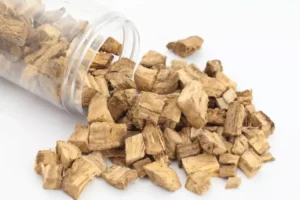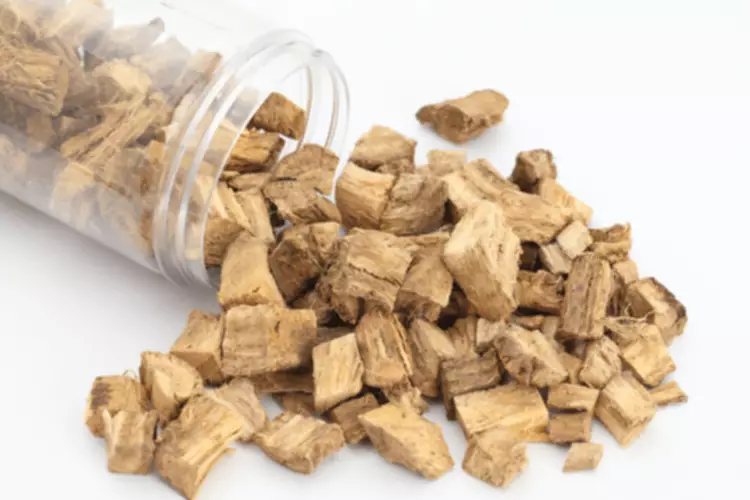
Alcohol shakes and delirium tremens (often called DTs) might seem similar because they both involve shaking, but they’re actually worlds apart in terms of severity and risk. So, you know how you always have to go to the bathroom a lot when you’re drinking? That’s because alcohol is a diuretic, meaning it makes you pee more than usual.
- Derealization disorder is a mental health condition that causes individuals to feel detached from their surroundings, making the world appear surreal or dreamlike.
- Luckily, these expert tips for people looking to drink less make it a lot simpler.
- Although alcohol tremors can present significant discomfort, effective remedies and treatments exist.
- This article is intended for those looking to change their relationship with alcohol socially.
- In some mild cases, the tremor may be light and hardly noticeable, but in the more severe cases, it may cause pain and other symptoms that can interfere with daily activities.
How to Beat the Alcoholic Shakes
- If you’re struggling with alcohol use, consider seeking professional help or support groups.
- If you experience any of them, however, you should also seek medical attention right away.
- For Sheinbaum, doing a dry challenge started out as a competition with her friend, but it turned into something much more.
- Approximately 4-5% of individuals undergoing alcohol withdrawal experience DTs, particularly those who have been heavy drinkers over many years.
- This makes the nervous system hyperactive, which may result in shakes or tremors.
Get in the habit of eating every three hours to avoid https://ecosoberhouse.com/ hunger that could lead to alcohol cravings, which will become more intense once the alcohol shakes set in. BetterHelp can connect you to an addiction and mental health counselor. Intravenous fluids and nutritional supplements are often provided to restore electrolyte balance, prevent dehydration, and provide essential nutrients.
Seeking Professional Help

Treatment may be inpatient or outpatient, and typically includes individual and group therapy, family counseling, alcohol education, 12-step support, and support for physical or psychological needs. Co-occurring disorders are treated at the same time as alcohol recovery treatment. Attempting to navigate withdrawal symptoms without medical oversight can be risky. Detoxification in a medically supervised setting ensures that any complications are promptly addressed. Medication-assisted treatments, such as benzodiazepines, can Sober living home help ease withdrawal symptoms. Depending on the severity, someone undergoing professional detox may opt for residential treatments or outpatient options.

Depressed After Quitting Drinking? This Is Why It Happens.
If you’re seeking help, we’re here to support you every step of the way. Over time, as alcohol is continuously used, the cerebellum (a part of the brain that governs balance and coordination) can be damaged. This usually takes around a decade to occur but the graduality makes the symptoms difficult to notice. It can begin as nothing more than a misstep and eventually manifest into a complete loss in motor function.


One of the main physical symptoms of a damaged cerebellum is a chronic shaking of the hands. Eye Movement Desensitization and Reprocessing (EMDR) therapy effectively treats mental health issues like trauma, anxiety, and depression. It addresses painful memories, reduces their emotional weight, and allows individuals to gain… After a heavy drinking session, your brain can get used to lower levels of stimulation caused by alcohol’s depressant effects.
- If you’re trying to kick the alcohol habit and struggling with withdrawal symptoms, don’t go it alone.
- Be sure to line up a friend or family member to stay with you through the process.
- The FHE Health team is committed to providing accurate information that adheres to the highest standards of writing.
- As mentioned above, tremors, also known as “alcohol shakes”, are a common side effect of alcohol withdrawal.
- However, depending on the severity of the dependency and individual factors, they can persist for several days.
- Some medications that can be used to treat alcohol shakes include anti-anxiety medications, anti-seizure medications, and muscle relaxants.
Several factors impact the duration, including how severe the dependency on alcohol is for the particular person having the shakes. Located in the serene suburbs of Atlanta, Hope Harbor Wellness is your ally in the fight against alcohol addiction in Atlanta. Our alcohol drug rehab centers, dedicated to holistic recovery, are ideally situated to offer you the support you need. Different from alcohol shakes, this condition may also cause agitation and hallucinations. Alcohol withdrawal may cause shakes when the effects of alcohol on the nervous system how to get rid of the alcohol shakes wear off, and the brain becomes overwhelmed by activity in the nervous system.
